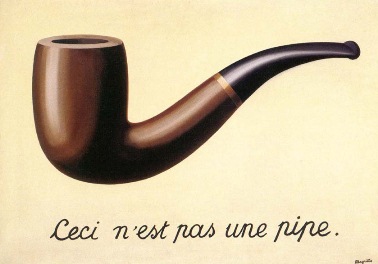Many things are binary. I happen to think this is one of them.
I am, of course, open to persuasion otherwise, if you have some reasoned arguments to offer.
I would be interested in some other binary examples, I'm much more in the "nothing is black and white" camp,
But then I don't recognise the idea that experts in art, judge art on a like/don't like basis, if that is what you mean by binary. In the books and documentaries I've seen on art, liking something has never been part of the argument justify the value (not monetary) placed on art.
But you wouldn't expect that , most of these books/documentaries are from people with academic backgrounds in art, who are used to making reasoned and objective arguments with colleagues who are likely to have different, to very different, views to their own. No one is going to put any weight into an argument of "liking it"
In my experience, people with arts backgrounds are very good at making reasoned and logical arguments, I learnt far more about critical thinking and argument at University from my single Philosophy module than all my science modules added together. And, my experiences since leaving University has reinforced this idea of arts subjects superiority. I think its possibly because, as scientists, we rely too much on the numbers and don't always put enough effort into the argument; possibly believing the numbers make the argument obvious.
The Challenger Disaster in 1986 is a good example of this, where it was predicted with considerable confidence, but the scientists failed to put across a good enough argument to stop it going ahead.
But back on topic, I gave some examples of non-binary "marking" methods for both science (statistics) and photography university level assignments, which, like all marking I am aware of, uses an objective structure to provide a framework for the unavoidable subjective/professional judgement nature of marking for exams and assignments, whether they are from the sciences or the arts.
there is a difference between expressing opinions about a presented work or expressed opinions on one hand and personal attacks.This is true. However, I don't think there have been any personal attacks in this thread. Some strongly expressed opinions, yes, but my experience of this site is...

www.talkphotography.co.uk
I know that exam marking isn't the same as the wider assessment of art, but, but it's still relevant as an example of the types of thought processes available.









